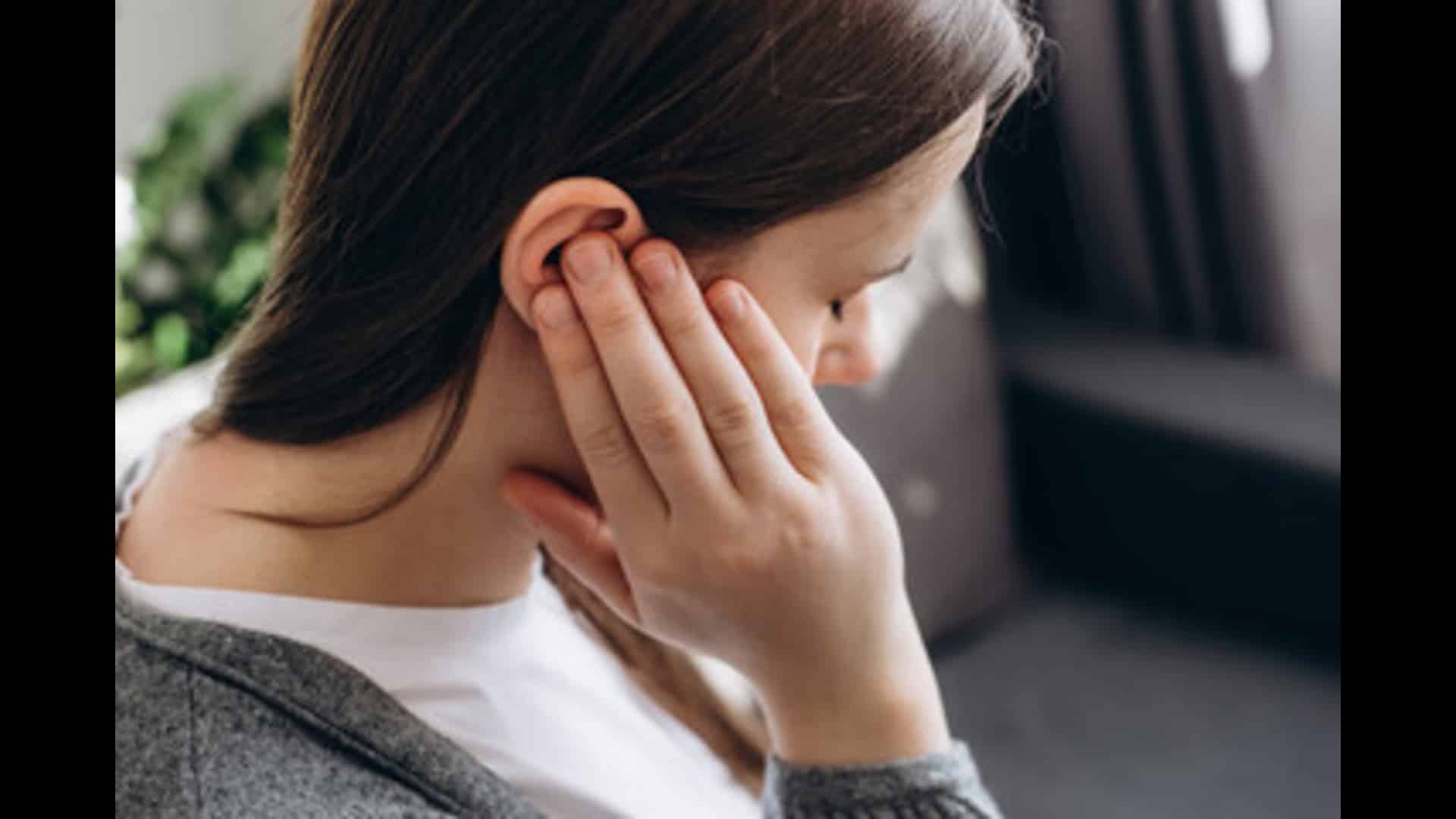Table of Contents
Concerts are thrilling experiences. The lights, the crowd, the powerful music—it’s all part of the magic. But after the final encore and the ringing in your ears starts to settle, some people are left wondering: Did I just damage my hearing?
Whether you’re a regular gig-goer or a first-time festival attendee, it’s important to understand how ear damage after a loud event can affect your hearing. In this comprehensive guide, we’ll explore the 5 key signs of post-concert ear damage, what causes them, how long they last, and what you can do to prevent long-term harm.
How Loud Music Affects the Ears
The ear is a sensitive organ. Loud music at concerts often exceeds 100 decibels, a level that can cause damage to the hair cells in the inner ear in as little as 15 minutes.
These microscopic cells are responsible for converting sound vibrations into electrical signals sent to the brain. Once damaged, they don’t regenerate. This means repeated exposure can lead to permanent hearing loss or chronic tinnitus.
Why Post-Concert Hearing Issues Are Common
After a loud event, it’s normal to experience temporary changes in hearing. This is often the ear’s way of responding to overstimulation. However, if these symptoms persist or occur frequently, it could signal long-term problems.
Some common causes of post-concert ear damage include:
- Prolonged exposure to sound above 85 dB
- Standing too close to speakers
- Lack of ear protection
- Pre-existing sensitivity to noise
Even a single night of loud exposure can leave you with symptoms that last days or even weeks.
Signs of Post-Concert Ear Damage
Let’s dive into the most common indicators that your ears might have been harmed during your last music event.
Tinnitus After Concert
Tinnitus is the perception of ringing, buzzing, or hissing in the ears without an external sound source. Experiencing tinnitus after a concert is one of the most well-known warning signs of ear stress.
It can:
- Be constant or come and go
- Be high- or low-pitched
- Occur in one or both ears
While tinnitus may subside within hours or days, repeated episodes can lead to chronic tinnitus, an incurable condition that affects millions worldwide.
What to do:
If tinnitus persists for more than 48 hours, consider visiting a hearing specialist to evaluate the damage and rule out other underlying causes.
Temporary Hearing Loss (Music-Induced)
Also known as Temporary Threshold Shift, this condition involves a reduced ability to hear after exposure to loud noise. You may find that everyday sounds seem softer or unclear.
Symptoms of temporary hearing loss music-related exposure may include:
- Trouble understanding speech
- Needing to turn up the volume on devices
- Feeling disconnected from your environment
Though it usually resolves in a few days, this is a sign your ears were pushed beyond their limit.
Warning: Repeated exposure—even if the hearing loss is temporary—can eventually lead to permanent damage.
Muffled Sounds and Ear Fullness
Have you ever felt like your ears were stuffed with cotton after a concert? This sensation of muffled hearing or fullness in the ears can occur due to swelling or inflammation in the middle or inner ear.
These symptoms are usually the result of:
- Ear fatigue
- Fluid buildup
- Temporary nerve stress
They typically fade within 24 to 48 hours, but if they persist, you should consider getting a hearing test.
The Hearing Centre Singapore offers comprehensive hearing tests to evaluate symptoms of post-event damage.
Sensitivity to Normal Sounds
A less common but concerning sign is hyperacusis, or increased sensitivity to everyday sounds after a loud event. You may notice that:
- Running water sounds harsh
- Door closing is painful
- Conversations feel uncomfortably loud
This condition indicates the auditory system is overstimulated or damaged, and it often coexists with tinnitus.
Treatment: Desensitisation therapy and counselling may be needed if the sensitivity doesn’t resolve within a week or two.
Trouble Following Conversations
Concert-related ear damage may affect your ability to understand speech, especially in environments with background noise. This condition, often described as “hidden hearing loss,” may not always appear on standard hearing tests.
Signs include:
- Asking people to repeat themselves
- Struggling in group settings
- Misunderstanding conversations, especially on the phone
If this persists, a more detailed assessment, such as ABR or ASSR testing, might be needed to detect subtle nerve-related hearing loss.
When to See a Hearing Specialist
You should visit a hearing professional if:
- Tinnitus lasts more than 48 hours
- Hearing loss doesn’t resolve within a few days
- You experience sharp pain, dizziness, or fluid drainage
- You’re frequently exposed to loud environments
The Hearing Centre provides in-depth diagnostics and tailored hearing protection solutions to help prevent further damage.
Long-Term Risks of Repeated Exposure
Listening to loud music repeatedly without protection can lead to:
- Permanent noise-induced hearing loss
- Chronic tinnitus
- Ear nerve damage
- Difficulty hearing high-pitched sounds
In extreme cases, individuals may require advanced hearing solutions such as a hearing implant or cochlear implant to regain some degree of hearing.
How to Prevent Ear Damage at Concerts
You don’t need to give up concerts to protect your hearing. Just be smart about it:
Tips:
- Use high-fidelity earplugs (they reduce volume without distorting sound)
- Stand at least 10 feet away from speakers
- Take “quiet breaks” during long sets
- Limit alcohol (which can reduce your awareness of sound intensity)
Recovery Tips After a Loud Event
If you’re already experiencing symptoms, here’s how you can help your ears recover:
- Rest your ears: Avoid headphones or additional loud exposure for at least 48 hours.
- Stay hydrated: It helps reduce inflammation.
- Avoid ear cleaning or probing: This can worsen symptoms.
- Consult a professional, especially if symptoms persist.
Hearing Tests and Monitoring Hearing Health
Keeping track of your hearing is the best way to detect early damage. Available diagnostic tests include:
Follow-up services like hearing aid repairs and ear measurements are also available for ongoing care.
Conclusion
Enjoying music doesn’t have to come at the cost of your hearing. Recognising the signs of post-concert ear damage—from tinnitus after a concert to temporary hearing loss—is essential to protecting your ears.
If you’ve ever experienced ear damage after a loud event, don’t ignore it. Protect your hearing, get it tested regularly, and explore protective and restorative solutions.
Frequently Asked Questions
Table of Contents
Yes, it’s a common symptom of tinnitus after concert exposure. However, it should subside within a day or two.
Usually, a few hours to 48 hours. If it persists, consult a hearing professional.
Yes. Repeated or extreme exposure can cause permanent hearing loss or chronic tinnitus.
Persistent hearing loss, pain, dizziness, and sensitivity to sound are red flags.
Not necessarily, but if you have symptoms that don’t resolve or occur repeatedly, seek expert advice.
Pure-tone audiometry, ABR, and Tympanometry are useful for accurate assessment.
Yes. Explore advanced options from Phonak, Starkey, Signia, or ReSound.
Not at all. High-fidelity earplugs preserve sound quality while lowering volume.
15 minutes at 100 dB can cause damage. Use protection to extend safe listening time.
Visit The Hearing Centre for expert hearing tests, treatment, and prevention solutions.

Evlin is passionate about helping people with hearing loss. With years of experience in audiology, she has diagnosed and treated a wide range of hearing conditions across all age groups. She is accredited to conduct comprehensive hearing assessments and provide treatments for patients from newborns to the elderly. Committed to personalized care, she strives to empower patients to fully engage in life with better hearing.
Designation: Clinical Audiologist
Qualification: Bachelor of Health Science (Honours) (Audiology), University of Science Malaysia
Membership: .Society of Audiology Professionals in Singapore (SAPS)
